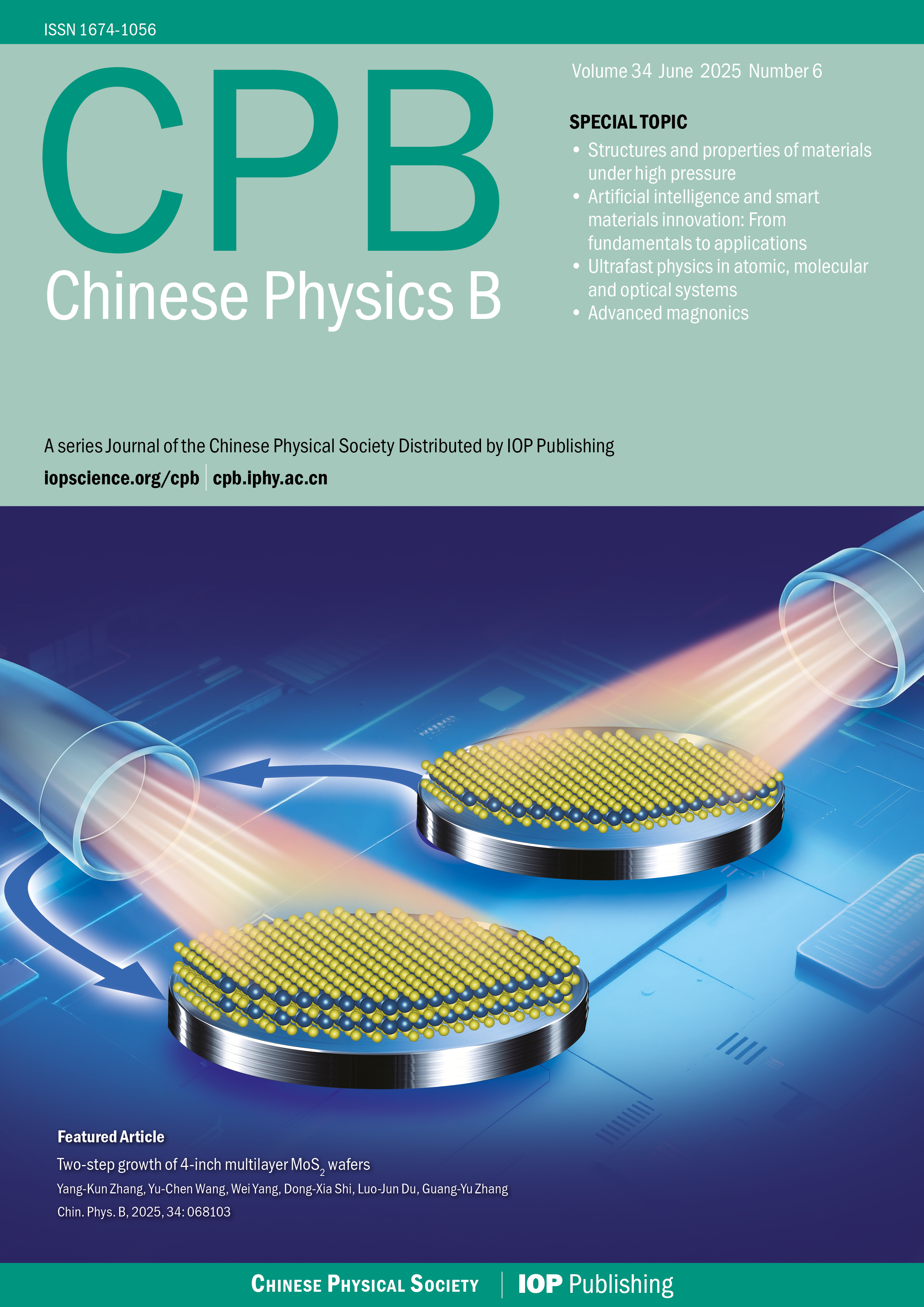|
Rejeb A, Rejeb K, Appolloni A, Jagtap S, Iranmanesh M, Alghamdi S, Alghamdi S, Alhasawi Y and Kayikci Y 2024 Internet of Things and Cyber- Physical Systems 4 1
Google Scholar
Pub Med
|
|
Huang G, Wu C, Hu Y and Guo C 2021 Chin. Phys. B 30 040706
Google Scholar
Pub Med
|
|
Silvano, Wellington F and Roderval M 2020 Future Generation Computer Systems 112 307
Google Scholar
Pub Med
|
|
Chen Y, Sun B, Wang Y, Qiu Z and Li Y 2024 Mathematics 12 3391
Google Scholar
Pub Med
|
|
Chen Y, Guo Y, Wang M, Xu E, Xie H and Bie R 2023 IEEE Internet of Things Journal 11 1952
Google Scholar
Pub Med
|
|
PressWilliam H and Freeman Dyson J 2012 Proc. Natl. Acad. Sci. USA 109 10409
Google Scholar
Pub Med
|
|
Hu Q, Wang S, Cheng X, Ma L and Bie R 2019 IEEE Transactions on Information Forensics and Security 15 1778
Google Scholar
Pub Med
|
|
Serguei P 2018 White Paper 1 30
Google Scholar
Pub Med
|
|
Popov S, Saa O and Finardi P 2019 Computers & Industrial Engineering 136 160
Google Scholar
Pub Med
|
|
Fan C, Ghaemi S, Khazaei H, Chen Y and Musilek P 2021 ACM Transactions on Modeling and Performance Evaluation of Computing Systems 6 1
Google Scholar
Pub Med
|
|
Penzkofer A, Kusmierz B, Capossele A, Sanders W and Saa O 2020 arXiv:2004.13409 [cs.DC]
Google Scholar
Pub Med
|
|
Shabandri B and Maheshwari P 2019 2019 6th International conference on signal processing and integrated networks, March 7-8, 2019, Noida, India, p. 1069
Google Scholar
Pub Med
|
|
Bramas Q 2018 HAL pp. 1-17
Google Scholar
Pub Med
|
|
Brighente A, Conti M, Kumar G, Ghanbari R and Saha R 2021 2021 IEEE International Conference on Blockchain (Blockchain), Dec. 6-8, 2021, Melbourne, Australia, p. 433
Google Scholar
Pub Med
|
|
Ullah I, De Roode G, Meratnia N and Havinga P 2021 Sensors 21 1834
Google Scholar
Pub Med
|
|
Li Y, Cao B, Peng M, Zhang L, Zhang L and Feng D 2020 IEEE/ACM Transactions on Networking 28 1643
Google Scholar
Pub Med
|
|
Cullen A, Ferraro P, King C and Shorten R 2021 IEEE Internet of Things Journal 7 7112
Google Scholar
Pub Med
|
|
Staupe P 2017 Tech. Rep. pp. 1-13
Google Scholar
Pub Med
|
|
Bu G, Gurcan O and Potop-Butucaru M 2019 IEEE INFOCOM 2019- IEEE Conference on Computer Communications Workshops, April 29- May 2, 2019, Paris, France, p. 644
Google Scholar
Pub Med
|
|
Bu G, Hana W and Potop-Butucaru M 2020 2020 2nd Conference on Blockchain Research & Applications for Innovative Networks and Services (BRAINS), September 28-30, 2020, Paris, France, p. 9
Google Scholar
Pub Med
|
|
Vries L J W 2019 IOTA vulnerability: Large weight attack performed in a network (Ph.D. Dissertation) University of Twente
Google Scholar
Pub Med
|
|
Mauro C, Kumar G, Nerurkar P, Saha R and Vigneri L 2022 Journal of Network and Computer Applications 203 103383
Google Scholar
Pub Med
|
|
Bramas Q 2021 The 9th International Conference on Networked Systems (NETYS 2021) May 19-21, 2021, Marrakech, Morocco, p. 161
Google Scholar
Pub Med
|
|
Bhandary M, ParmarMand Ambawade D 2024 2020 5th International Conference on Communication and Electronics Systems (ICCES), June 10-12, Coimbatore, India, p. 827
Google Scholar
Pub Med
|
|
Madenouei N A 2024 Exploring the scalability, throughput and security characteristics of the Tangle distributed ledger technology through simulation analysis (Master Dissertation) York University, Canada
Google Scholar
Pub Med
|
|
Chen Y, Guo Y, Wang Y and Bie R 2022 Mathematics 10 1108
Google Scholar
Pub Med
|
|
Shi H, Wang S, Hu Q, Cheng X, Zhang J and Yu J 2021 IEEE Transactions on Dependable and Secure Computing (IEEE TDSC) 18 1580
Google Scholar
Pub Med
|
|
Cao M 2020 Cooperation and Optimization of Mining Pool Game Based on PoW Consensus Algorithm (Master Dissertation) (Hangzhou: Zhejiang Normal University) (in Chinese)
Google Scholar
Pub Med
|
|
Jiang Y 2021 Research on Blockchain Cooperative Mining Strategy Based on Game Theory (Master Dissertation) (Nanjing: Southeast University) (in Chinese)
Google Scholar
Pub Med
|
|
Ueda M 2021 Royal Society Open Science 8 202186
Google Scholar
Pub Med
|
|
Zhao Q 2021 Research on Zero determinant Strategies and Networked Evolutionary Game Dynamics (Master Dissertation) (Chengdu: University of Electronic Science and Technology of China) (in Chinese)
Google Scholar
Pub Med
|
|
Taha M A and Ghoneim A 2021 Chaos, Solitons & Fractals 152 111408
Google Scholar
Pub Med
|
|
Axelrod R and Hamilton W D 1981 Science 211 1390
Google Scholar
Pub Med
|
|
Liu X, Wang W, Niyato D, Zhao N and Wang P 2018 IEEE Wireless Communications Letters 7 760
Google Scholar
Pub Med
|
|
Hu Q, Wang S, Ma L, Bie R and Cheng X 2017 2017 IEEE 37th International Conference on Distributed Computing Systems (ICDCS), June 5-8, Atlanta, GA, USA, p. 1137
Google Scholar
Pub Med
|

 首页
首页 登录
登录 注册
注册






 DownLoad:
DownLoad: